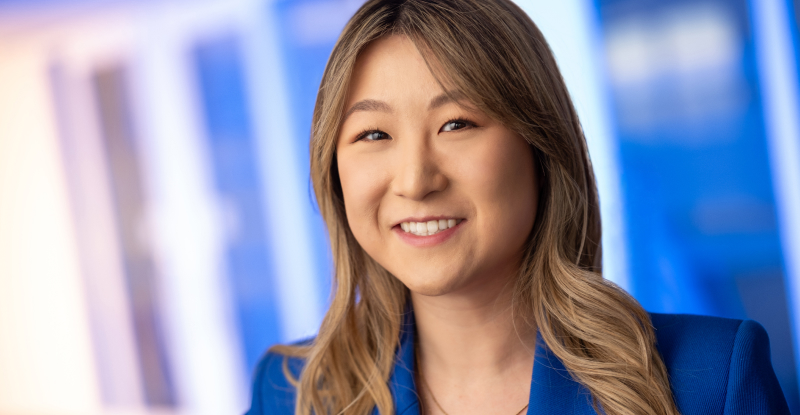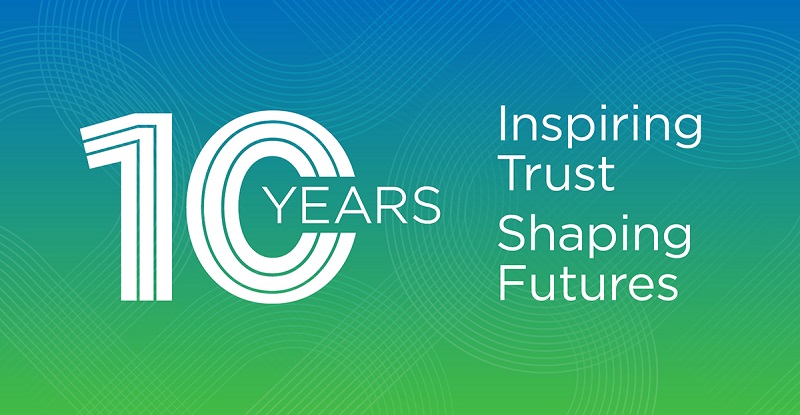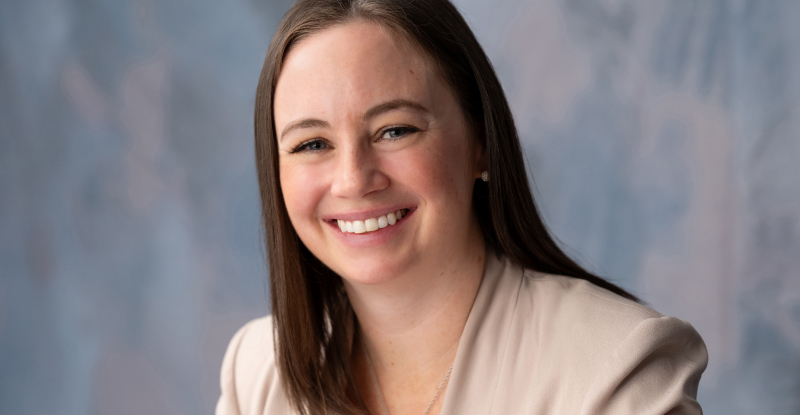
DEI advocates say organizations need to follow through on their public commitments for real change

Mary Lou Maher, FCPA

Michael Cherny, CPA
As we celebrate Pride, this is also a time to reflect on the richness of our diverse Canadian society as well as the progress we have made in accepting diversity, equity and inclusion (DE&I) policies and practices in the workplace. But there are still some serious flaws in some organizations that need corrected, say some CPAs championing DEI in Canada.
“When I think back to [when] I came out in 2001, that was a tough time,” says Mary Lou Maher, FCPA, who serves on the boards of the Canadian Imperial Bank of Commerce, Magna International, CAE Inc., the Canadian Public Accountability Board and McMaster University, and was formerly the Canadian managing partner of quality and risk management at KPMG in Canada, as well as the former global head of inclusion and diversity at KPMG.
“And there are still people who won’t come out at work because they don’t feel safe. But I feel corporations [now] are creating the environment to allow people to do that.”
Maher says employee resource groups, including Pride networks, have been successfully established at several companies she has been affiliated with. “I can remember setting up the Pride network at KPMG as a global network,” she recalls. “We were in countries where it’s not even legal to be out, so you can imagine how important that network was to those individuals. I was always quite proud to give them that safe space to be able to be themselves.”
Are firms supporting their LGBTQ2SIA+ talent?
In early 2021, a report issued in the U.S. by the Institute of Management Accountants (IMA) and the California Society of Certified Public Accountants (CalCPA) found that up to 18 per cent of respondents from diverse demographic groups, including those who identified as being in a minority with respect to sexual orientation, had decided to leave the U.S. accounting profession.
According to the report, “Diversifying U.S. Accounting Talent: A Critical Imperative to Achieve Transformational Outcomes,” respondents were quitting because of a perceived lack of equitable treatment and lack of inclusion.
“I think we still have a ways to go, but corporate Canada has moved the dial and is continuing to focus on establishing strong DE&I policies and practices,” says Maher, who notes that on the boards on which she currently sits, “it’s encouraged to be yourself and to come out. Michael Cherny, CPA, director of diversity, equity and inclusion with the Ontario Teachers’ Pension Plan (OTPP) in Toronto and a member of the CPA Ontario council, sees positive change, too.
Cherny, who previously worked for Deloitte Canada, and is also a member of the LGBTQ2SIA+ community (lesbian, gay, bisexual, transgender, queer or questioning, and nonbinary, two-spirit, intersex, asexual), acknowledges there is still a lot of work to do. “But I can see improvement because there’s a much higher degree of consciousness and intention behind the work of DE&I,” he says.
Cherny cites as examples the number of Indigenous reconciliation action plans that are being created in Canada, as well as the vocal commitments organizations are making, such as flag raisings to the LGBTQ2SIA+ community.
“These are not small actions,” he stresses.
Cherny was formerly the senior leader for Deloitte in Canada’s Centre for Trust. “A big part of that [position] for me was this focus on DE&I,” he says.
Despite progress, there are still serious flaws in some organizations that need to be corrected.
The biggest tripping point for a lot of organizations with respect to their DE&I practices, says Cherny, is a lack of follow-through.
For example, Cherny says he has often heard from people both in Canada and globally that their organizations will advertise being in favour of DE&I. But when employees don’t see those promises coming to life through the company’s policies and processes, and daily decisions, they are often driven to leave that organization.
Maher says there are instances when senior leadership and employees want strong DE&I initiatives, but a group of middle managers reject putting those into practice. To prevent that from happening, the company’s leadership must be diligent about ensuring middle managers are also on board. Otherwise, implementing such a policy can be very ineffective and dangerous, she warns.
Small microaggressions can also add up in the workplace. For example, says Maher, somebody might crack what they think is a cute joke about a colleague’s personal life in a meeting, but it might be hurtful to the recipient. When incidents like that go unchecked this can be very damaging to employee morale.
When someone experiences discrimination in the workplace, and raises that issue, but no action is taken to resolve the matter in a respectful way, it can also create a situation where employees will want to leave, warns Cherny.
Best DE&I practices
There are some key themes behind DE&I practices that have proven effective.
If an organization is going to be successful in implementing DE&I practices and policies, there must be a leader who is willing to establish a tone from the top by doing the right things, stresses Maher.
There must also be diverse leadership. “People like to see themselves in their leaders. If they see the same people, like all white males on their board, or on their management committee, then they don’t see a place for themselves, and they don’t think that they can succeed,” says Maher.
She says that one of the positive steps that KPMG took while she worked there was to establish a very diverse executive committee for the firm, which it still has today.
Inclusion training is also very important at the leadership level. Part of that training involves developing a good understanding of one’s own biases, and how that can impact decision making, Maher explains.
Cherny believes that hiring quotas to reflect diversity “backfire and prove ineffective” and furthermore, fail to build the intended behaviour within the organization, such as the mindset of the people who are the decision makers. It can also be a dangerous behaviour that creates tension within teams if they believe a person joining them is there to fill a quota, not because of their competencies and ability to add value.
Moreover, “the individuals selected will often times also feel disempowered, and not necessarily valued for what they’re bringing forward,” he says.
Cherny says that setting targets for DE&I education, such as an established number of hours covering a set list of topics, and setting progress targets to measure small incremental changes that encourage the right behaviour, are more effective and realistic than establishing hiring quotas.
That’s because improving representation takes time, especially in organizations with low turnover or minimal net new headcount, he explains.
Equitable pay is another key DE&I policy that is very impactful when organizations do it well, and also communicate that effort. Cherny says he has seen companies that have a strong compensation policy in place, but don’t share that information internally or externally with stakeholders. Job candidates, for example, don’t know about the policy, resulting in the potential loss of a competitive advantage.
“And so the awareness is just as important as doing the action, because it builds the trust,” he stresses.
Equitable benefits are also very important, including having an equitable parental leave policy that supports all parents, and having equitable insurance benefits for all individuals and couples, whether they are a same-gender, or different gender couple, says Cherny.
This builds trust with employees, who reward the company for its inclusiveness with higher retention rates, and more innovation, among other advantages, he adds.
Change takes time. The good news for Canadian businesses and society at large is that DE&I acceptance, and good practices, have become more ingrained and show promise of further improvement.
More on DEI
Check out these reads that can take DEI initiatives to the next level. And find out how being your true self in the workplace optimizes your potential.
Jeff Buckstein, CPA, CGA, is an Ottawa-based business writer who has written on accounting for Canadian newspapers and magazines since 1995.
Originally published by CPA Canada's news site.
Headshots courtesy of Mary Lou Maher and Michael Cherny.



